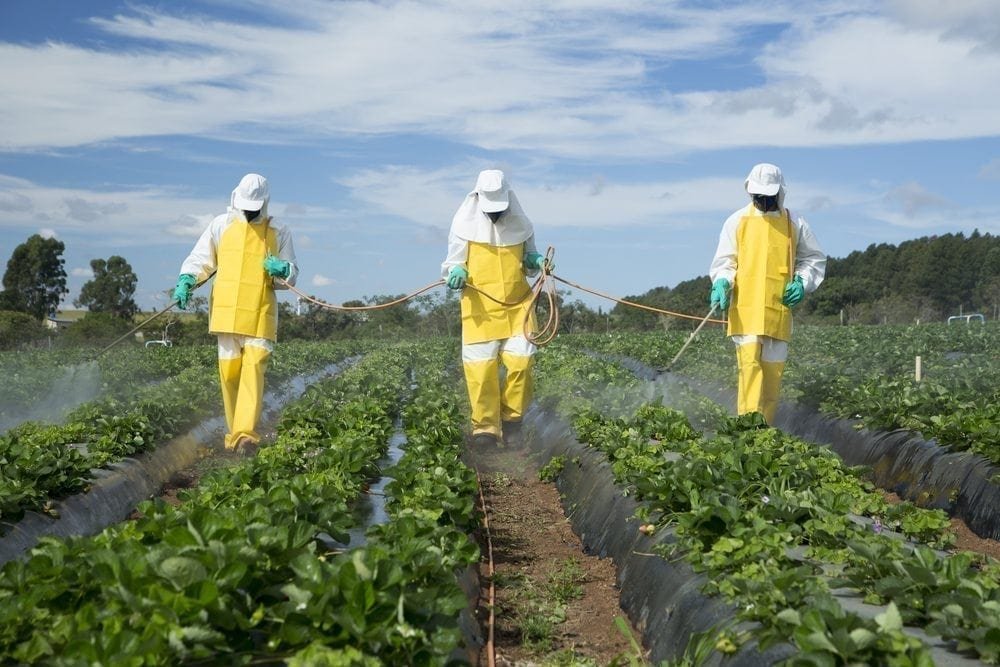In a ‘state of the science’ review, PAN International presents a large body of research documenting the adverse human health and environmental impacts of glyphosate and glyphosate-based herbicides and underscores the need for a global phase-out.
Environmental and health advocates say the monograph on the world’s most widely used herbicide, commonly known by its original trade name Roundup, should serve as a wake-up call for regulators, governments and users around the world.
‘This remarkable compilation of scientific studies reveals that glyphosate-based pesticides – despite what their manufactures’ claim – are far from ‘safe’. Hundreds of non-industry funded studies show that these products are gradually poisoning our people, our environment and its ecosystems. Regulators must stop playing blind and take action to ban all uses of glyphosate.’
DR ANGELIKI LYSSIMACHOU
PAN Europe
Poison
Adverse human impacts detailed in the review include acute poisoning, kidney and liver damage, imbalances in the intestinal microbiome and intestinal functioning, cancer, genotoxicity, endocrine disruption, reproductive and developmental reduction, neurological damage and immune system dysfunction.
‘In 2017 the European Chemicals Agency has to decide whether it accepts the compelling evidence for glyphosate’s carcinogenicity and declares it a carcinogen. This would be an overdue acknowledgement of the reality.’
DR PETER CLAUSING
PAN Germany
Aggressive public relations and marketing by glyphosate’s developer, Monsanto, has resulted in the widespread perception that the chemical is ‘safe’. Registration processes continue to allow its use without raising concerns about its safety even as new data identifying adverse effects emerge.
This review dispels this myth of ‘safety’ and highlights the urgent need to re-examine the authorisation of products containing glyphosate. A full chemical profile is presented, along with the regulatory status of products containing glyphosate in many countries and information on viable alternatives.
Highly hazardous
Glyphosate is included in PAN International’s ‘List of Highly Hazardous Pesticides’ targeted for global phaseout. The global network is calling for the herbicide to be replaced by agroecological approaches to weed management in diversified cropping systems and non-crop situations.
Glyphosate is sprayed on numerous crops and plantations, including about 80% of genetically engineered, or GE crops, as well as a pre-harvest desiccant, which results in high food residues. It is also widely used in home gardens and public places including roadsides, and semi-natural and natural habitats.
Due to its widespread use residues are now detected in different types of foods, drinking water, wine and beer – and even in non-food products derived from GM cotton.
 Play Video about This Rock Might Just Save The World
Play Video about This Rock Might Just Save The World Play Video about Play 2 hours of rock
Play Video about Play 2 hours of rock Play Video about Play 2 hours of brook
Play Video about Play 2 hours of brook Play Video about Play 2 hours of sheep
Play Video about Play 2 hours of sheep











































